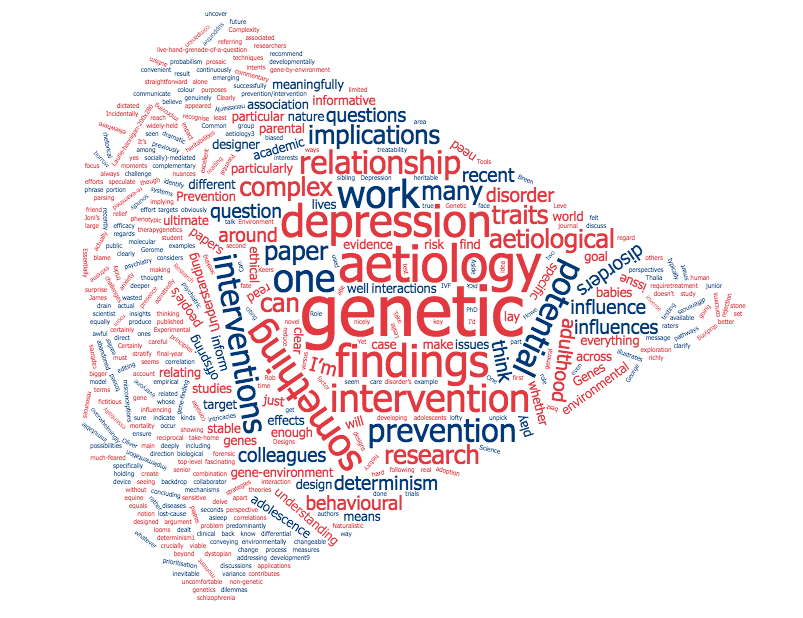
Behavioural problems in childhood, such as anxiety, depression, hyperactivity, and conduct disorder are common. In the US, the likelihood of having one or more such problems is greater than 1 in 10. Our recent study asked to what extent individual differences in behaviour problems can be explained by differences in…





Recent Comments